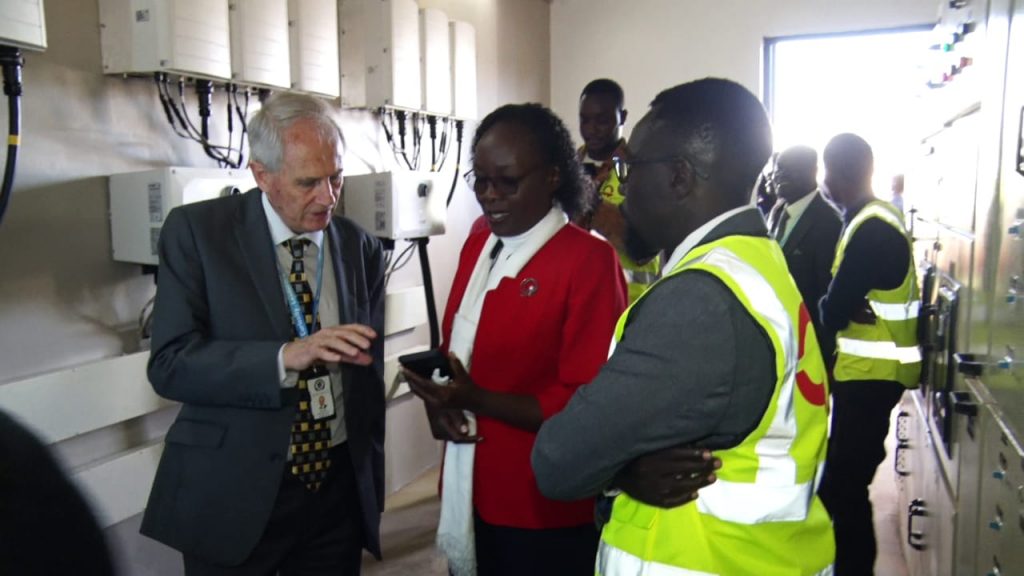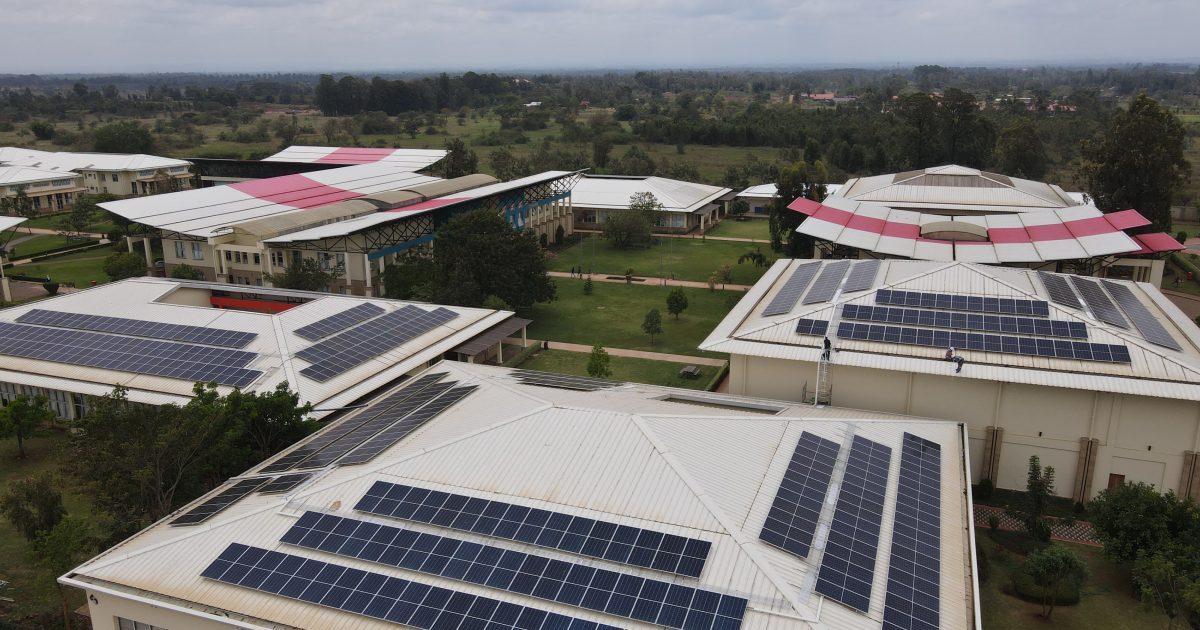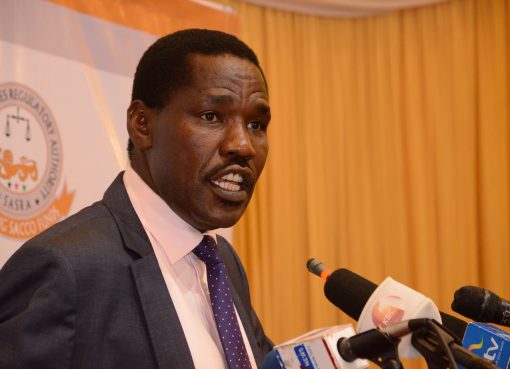Mpesa Foundation Academy has launched a 350KW solar power project at the institution in Thika, Kiambu County in a bid to cut the rising power costs.
The grid-tied PV plant which entails the installation of 630 solar panels to generate power, will reduce the institution’s power consumption from the National grid by 40 percent currently and 60 percent in the long run.
The project entails the use of 60 solar panels that are connected to inverters to monitor power production and consumption.
This comes as the country continues to grapple with rising power costs, affecting the cost of production and operations, with many shifting to renewable energy.
The Executive head of the academy Tony Eysele said the project will save the institution between Sh200 million to Sh250 million during its lifetime, money that would be diverted to help the institution in other operations including sponsoring more students.
He was speaking during the launch of the plant on Wednesday. Mpesa Foundation Academy sponsors children from extremely poor backgrounds from primary school through to university education.

Eysele at the same time described solar energy as a clean, renewable source of power that produces zero greenhouse gas emissions or air pollutants during operation.
This, he said, would help reduce the academy’s carbon footprint by a minimum of 50% and contribute to a more sustainable future.
He added that the plant would better prepare the institution to handle power outages and disruptions in the electricity supply which is valuable during emergencies, ensuring critical facilities remain operational.
“This is the way to go. We shall not only cut on electricity costs but also ensure stability 3v3n during power outages for critical operations and practical lessons,” said Eysele.
Tim Kipchumba, a co-founder of Questworks, the engineering company that was contracted to design, supply, install, test, train, and commission the plant called on other institutions to embrace renewable energy.
He said since the installation of the solar panels, the institution has managed to save Sh2.5 million which was going to foot power bills, describing the investment as a reliable and predictable source of electricity for decades.
Kipchumba urged the government to support renewable energy players in the country to fast-track 100% installations before 2030.
His sentiments were echoed by Rhoda Igosangwa, the head of facilities at the institution, and students who stated that the installations will provide excellent opportunities for the academy to incorporate renewable energy into its curricula.
Students said they would no longer have to suffer during national power outages when doing classwork and other practical lessons.
They added that they would now be able to practically learn about solar technology, energy conservation, and the environmental benefits of renewable energy.
By Muoki Charles




